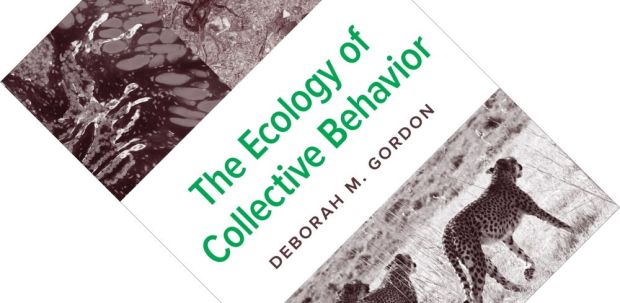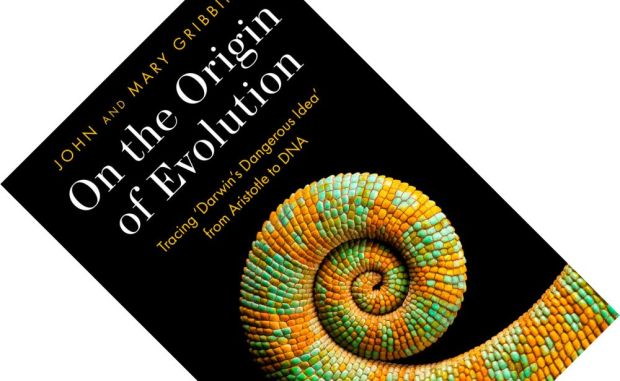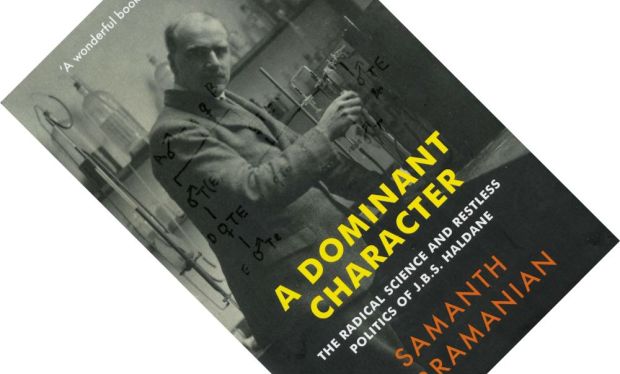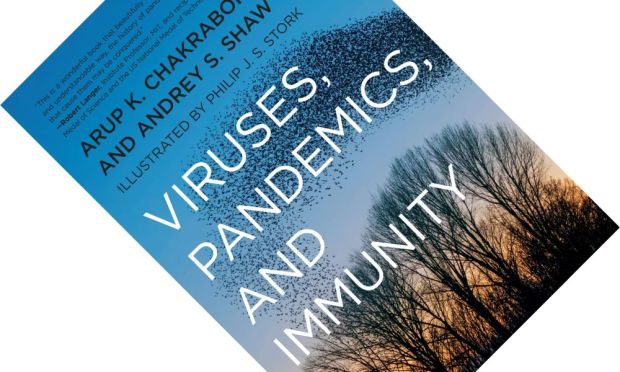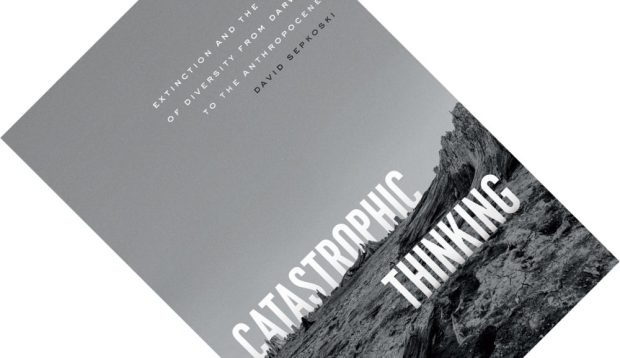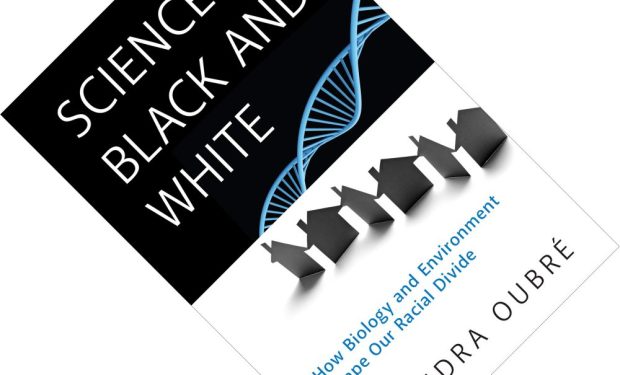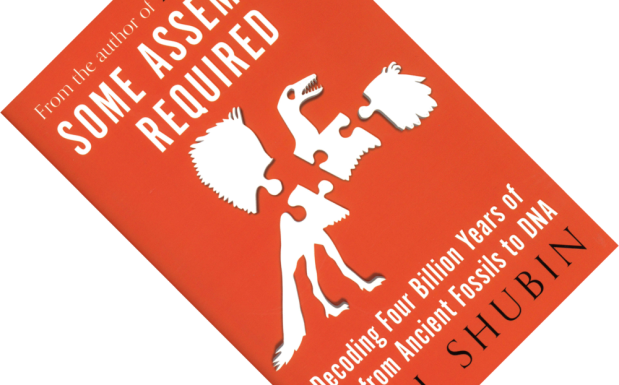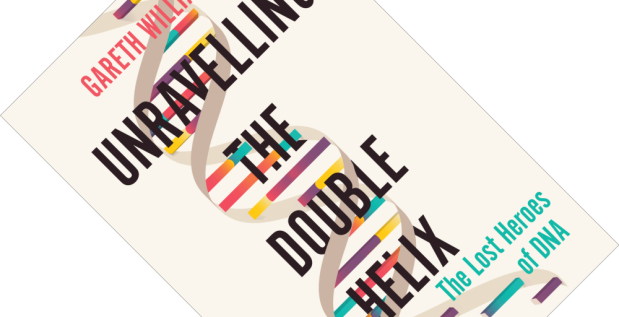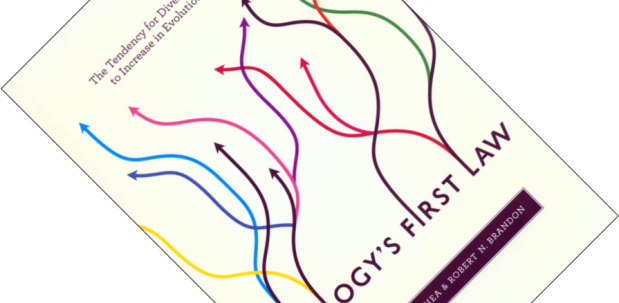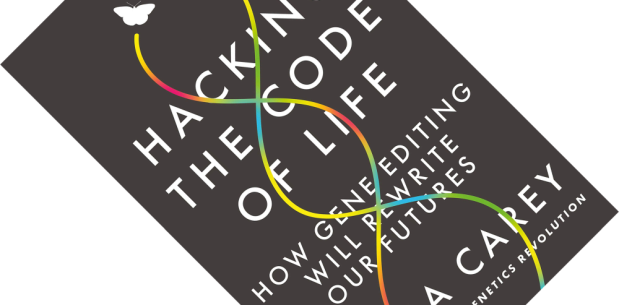8-minute read
keywords: ecology, ethology
This is the third of a trio of reviews in which I take a brief detour into ants and collective behaviour more generally. I previously reviewed The Ant Collective, a graphical introduction to ant behaviour, and entomologist Deborah M. Gordon’s Ant Encounters, a primer on how collective behaviour in ants comes about. The Ecology of Collective Behavior is the second book by Gordon that I will examine. It proposes a research programme to figure out both how collective behaviour responds to changing environmental conditions, and how it evolves. Though squarely aimed at professional biologists, this brief and interesting book is nevertheless accessible to a wider interested audience and makes its case with nary an equation in sight.

